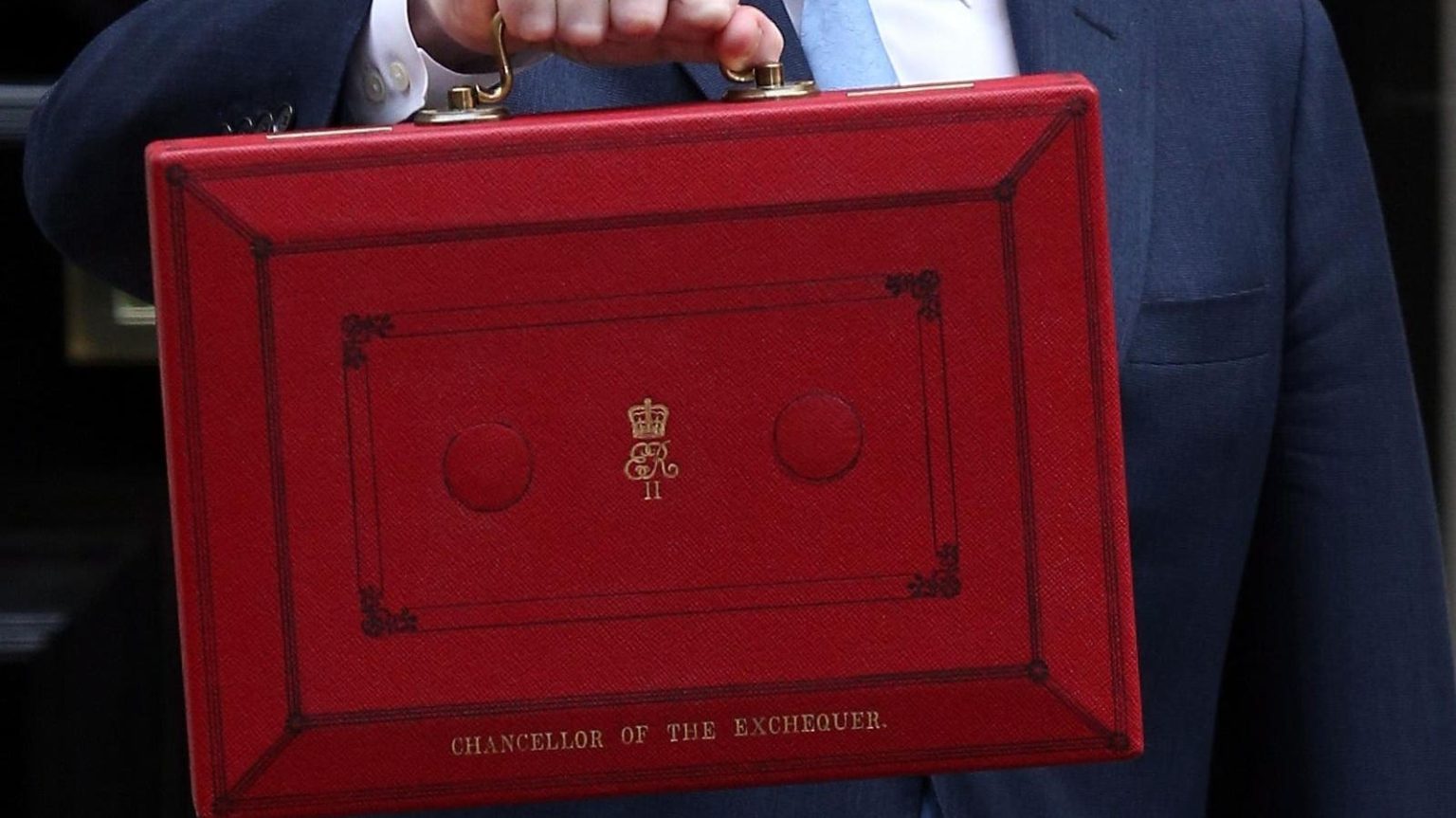UK public sector investment has been falling behind our competitors for more than 15 years, and poorly designed ‘fiscal rules’ are partly to blame. These rules are meant to prevent politicians from misusing public funds, but they can end up hindering necessary investments in public infrastructure and other assets. As a result, business confidence in the UK is declining, private investment is low, and the country’s productivity growth is suffering.
The government must prioritize investment in core public assets that will generate future returns, rather than succumb to austerity measures that cut public investment to meet fiscal targets. This cycle of underinvestment has led to low growth, stagnant wages, and crumbling infrastructure. Concerns about over-spending on infrastructure are misplaced after years of neglect, and the UK needs to prioritize investment in order to boost productivity and sustainable growth.
The UK’s lack of domestic saving compared to other advanced economies means that higher investment requires increased borrowing from abroad, leaving the country vulnerable to economic shocks and dependent on foreign investors. This also limits the benefits of UK investments, as the returns accrue to overseas investors. As a result, funding for public services, an aging population, and defense spending must come from other sources, such as higher taxes and returns on investment.
To address these challenges, the government should consider dropping the medium-term falling public debt to GDP rule and focus on robust tax funding for government consumption, while safeguarding borrowing for net investment only. By implementing a small surplus in the current budget over the economic cycle, the government can make room for increased investment without excessive borrowing from abroad, while also addressing inflationary pressures and limited economic capacity.
Markets understand the importance of distinguishing between expenditure on investment and consumption, and fiscal rules should reflect this distinction to ensure the sustainability of public debt. Intelligent fiscal discipline is essential for long-term economic stability, but arbitrary and counterproductive rules can hinder investment and economic growth. New fiscal rules are needed to prevent short-termism and promote long-term investments that benefit the UK economy and its citizens.


